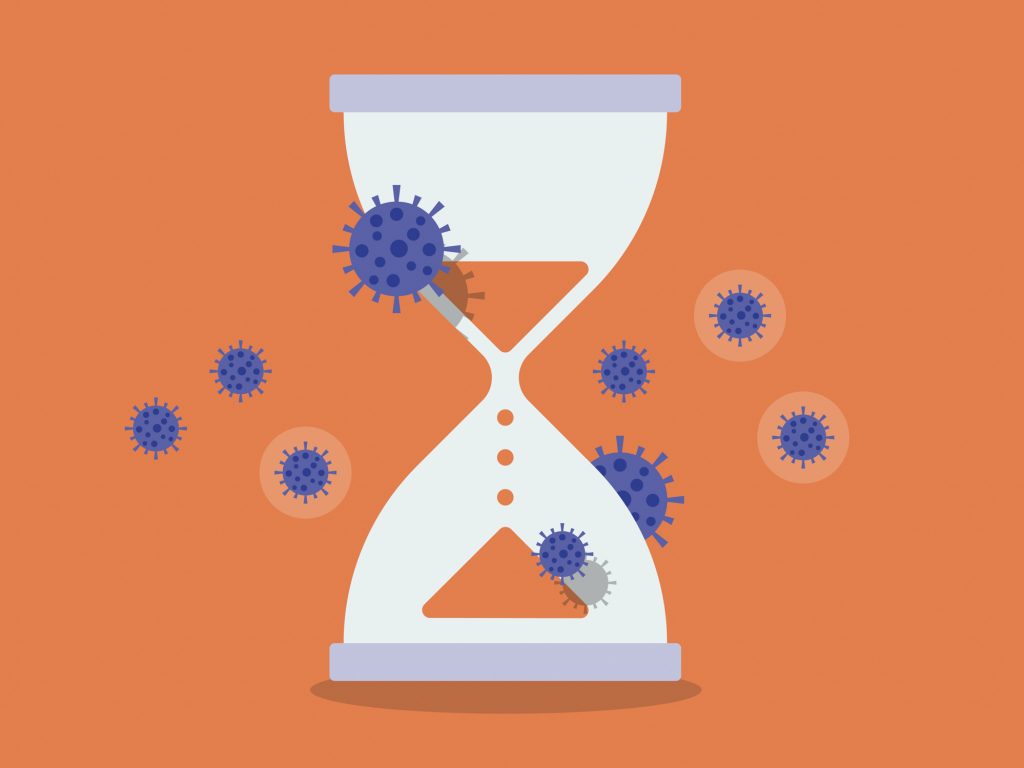
Three Types of Long-COVID for People Experiencing Symptoms for 12 Weeks or More
by King’s College London
New research shows at least three distinct ‘types’ of long covid for people experiencing symptoms for 12 weeks or more.
The paper recently published in Lancet Digital Health identifies patterns among people infected with the wild-type, the first strain of SARS-CoV-2, and Delta and Alpha variants, among vaccinated and unvaccinated individuals.
Researchers from TwinsUK analysed data of 1,459 individuals who have experienced ongoing symptoms for longer than 84 days, known clinically as post-covid syndrome or long COVID, from the ZOE Health Study.
The analysis adds to emerging evidence that long COVID is not a homogenous illness and should have personalised treatment and care. The team recommend the findings to be used by researchers investigating why and how long-COVID occurs, healthcare services providers, as well for people living with long COVID.
People with symptoms for 12 weeks or more fell into three main groups based on the types of symptoms they were experiencing. The largest group was characterised by a cluster of neurological symptoms such as fatigue, brain-fog and headache and was the most common subtype among alpha and delta variants. A second group experienced respiratory symptoms including chest pain and severe shortness of breath, which could point to lung damage. This was the largest cluster in the wild-type period when the population was unvaccinated. Finally, there were some people who experienced a diverse range of symptoms including heart palpitations, muscle ache and pain, and changes in skin and hair.
Crucially, the data also suggested that the symptom types for people who did experience symptoms for 12 weeks or more were similar in vaccinated and unvaccinated people at least with variants which had these data. Existing data shows that the risk of long-COVID overall is reduced by vaccination.
Professor Claire Steves explained:
“These data show clearly that post COVID syndrome is not just one condition but appears to have at several subtypes. Our findings matched with people’s experience living with long COVID. Understanding the root causes of these subtypes may help in finding treatment strategies. Moreover, these data emphasise the need for Long-COVID services to incorporate a personalised approach sensitive to the issues of each individual.”
While these three subtypes were evident in all variants, additional symptom clusters were also identified which were subtly different between variants. These differences may not be due to variants themselves, but other factors which have changed across the pandemic, such as time of year, social behaviours, and treatments.
Given that the data used was collected over an interval of time, the study is relevant for post-COVID predictions, indicating how long certain symptoms could last. These insights could aid in the development of personalised diagnosis and treatment for these individuals.
